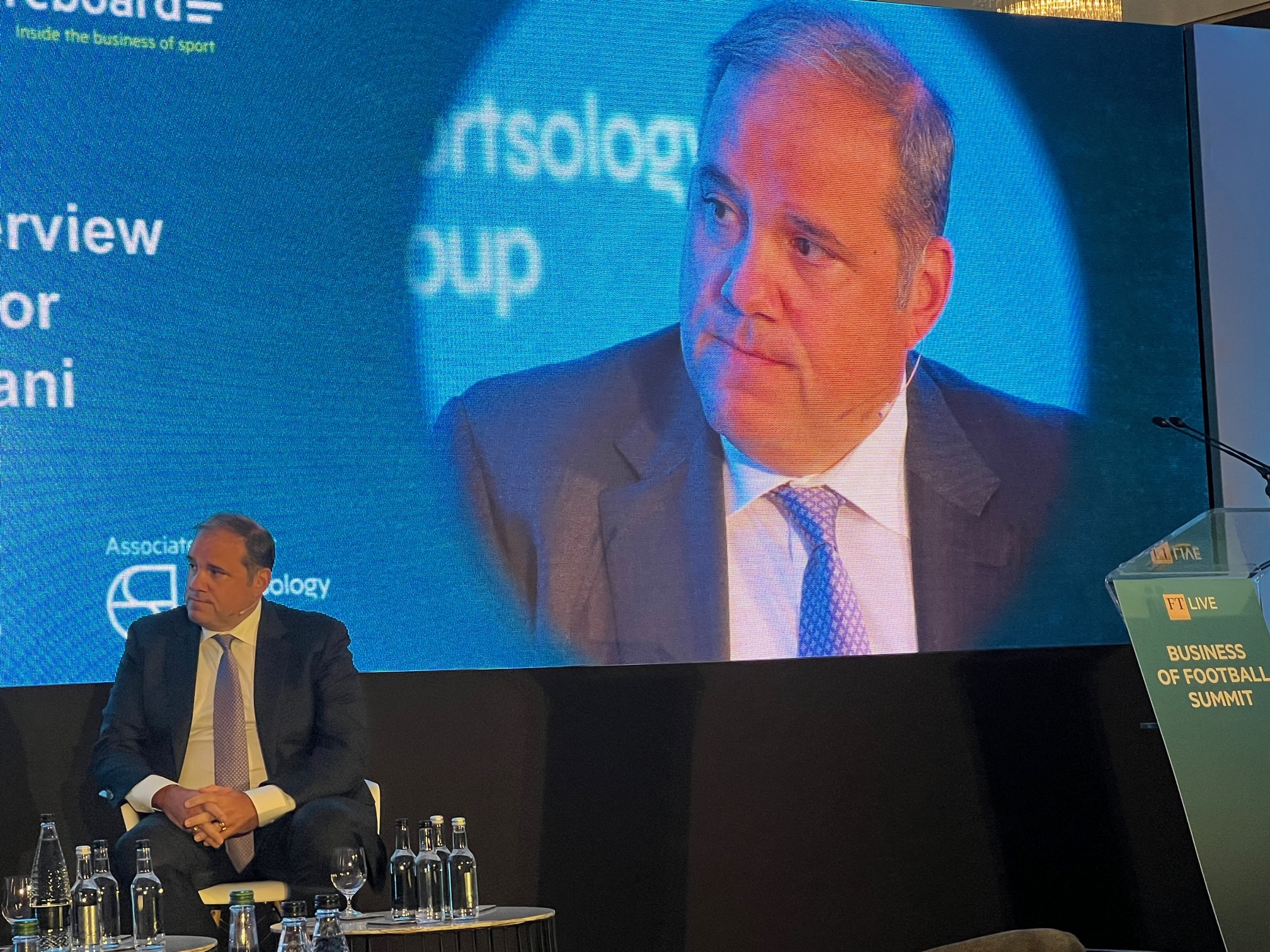December 13 – Speaking at Concacaf’s annual Presidents’ Meeting in Orlando, FL, USA, last weekend, Concacaf president Victor Montagliani, reminded his member associations how far the organisaton had progressed over the past eight years.
It has been a transformation from Concacaf narrowly missing being branded as a criminal organisation when the US Department of Justice and the FBI raided FIFA, arresting then Concacaf president Jeff Webb and executive committee member Eduardo Li prior to FIFA’s Congress in 2015, to 2024 and a confederation whose members are now playing more competitive international matches than ever before, have reformed their operations and statutes, and who came together to win the 2026 World Cup hosting.
“Now that we have had this eight-year journey of coming together as One Concacaf, where we’ve put our fiscal, moral, and football house in order, we have earned the respect of the global football community,” said Montagliani.
“We have got to this point through tremendous work, underpinned by the commitment of our Member Associations. I take my hat off to them (the Member Associations); they’ve kept going, and they keep going because they know how important it is to work together.”
At the centre of this transformation has been the focus on building competitions and getting federations playing regularly.
The Concacaf Nations League has been the driver of the new calendar, creating more competitive opportunity throughout the confederation for men’s national teams. That is now being rolled out into the women’s game. At the same time Concacaf’s club competitions have been revamped and expanded.
The new competitive structures have not only created the opportunity for improved performance levels and for talent to develop, but they have also brought a step change to Concacaf’s commercial proposition. That is turn has led to significantly more support for member federations.
Before 2015 most of Concacaf’s federations relied on FIFA grants to sustain the game in their countries. Now Concacaf grants more money to its federations than FIFA was providing in 2015.
The new competition structures have also given FAs more domestic relevance and greater opportunity to engage local sponsors – it is hard to sell a sponsorship programme for what for many was one meaningful World Cup qualifying fixture every four years.
Concacaf is further expanding its Nations League with the introduction of the Concacaf Nations League Finals for Leagues B and C – starting with the 2026/27 edition.
Montagliani also announced the launch in 2025 of the Concacaf Academy, an educational programme to help member associations develop off-the-pitch talent.
“Building on the success of the Confederation’s Executive Mentorship Program, which was launched in 2019 and has enhanced the skills of senior leadership within Member Associations, we will now take professional learning to the next level with the launch of the Concacaf Academy,” said Montagliani.
“The innovative online and in-person platform will be available to the staff of all Concacaf Member Associations and focus on three important pillars: Leadership, Administration, and Football.”
Contact the writer of this story at moc.l1745001606labto1745001606ofdlr1745001606owedi1745001606sni@n1745001606osloh1745001606cin.l1745001606uap1745001606

